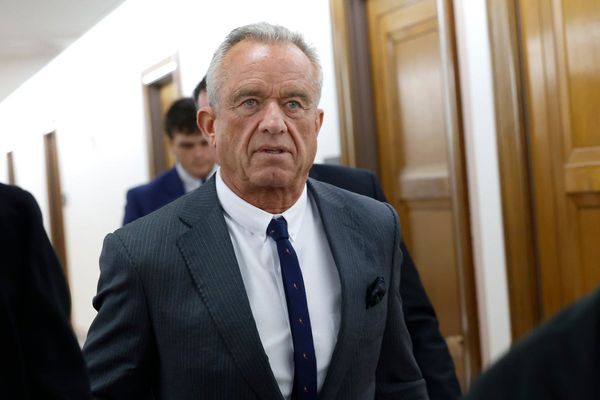Global oil prices extended gains Thursday, lifting U.S. crude prices to the highest levels in six weeks, after OPEC members agreed to only modest increases in their monthly output even as European officials move to ban energy exports from Russia.
OPEC said members will stick to a previously-agreed plan to increase collective output by 432,000 barrels per day, starting next month, as the cartel unwinds production cuts first put in place in April of 2020. The group cited China's ongoing Covid surge, which has triggered lockdowns in major cities and blunted demand from the world's biggest energy importer and reportedly made no mention of the proposed EU ban.
If agreed by member states next week, the EU would phase in a complete ban on Russian crude exports over the next six months, a move that would need around 2.3 million barrel in extra supply to make up for the lost contribution.
"For several months now, OPEC+ members have fallen short of their agreed output levels, with disruptions and a lack of investment in fields weighing on output," said ING's chief commodity strategist Warren Patterson. "The next meeting should be more interesting, given that OPEC+ should have more clarity on what the EU decides in terms of Russian oil imports"
"Don’t expect them to ramp up output though. Spare capacity is limited to just a handful of members, and Russia is part of the OPEC+ pact and so will have an influence on what the group decides," he added.
WTI crude futures for June delivery, which are tightly related to U.S gas prices, were marked $3.30 higher on the session at $111.06 per barrel, the highest since late March.
Brent contracts for July delivery, the global pricing benchmark, added $3.60 to trade at $113.77 per barrel.
Traders are also adjusting for the release of 240 million barrels of crude -- or more than a million barrels each day between now and the end of the year -- following President Joe Biden's decision to tap the U.S. Strategic Petroleum Reserve in late March and a follow-on agreement from member states in the International Energy Agency .







